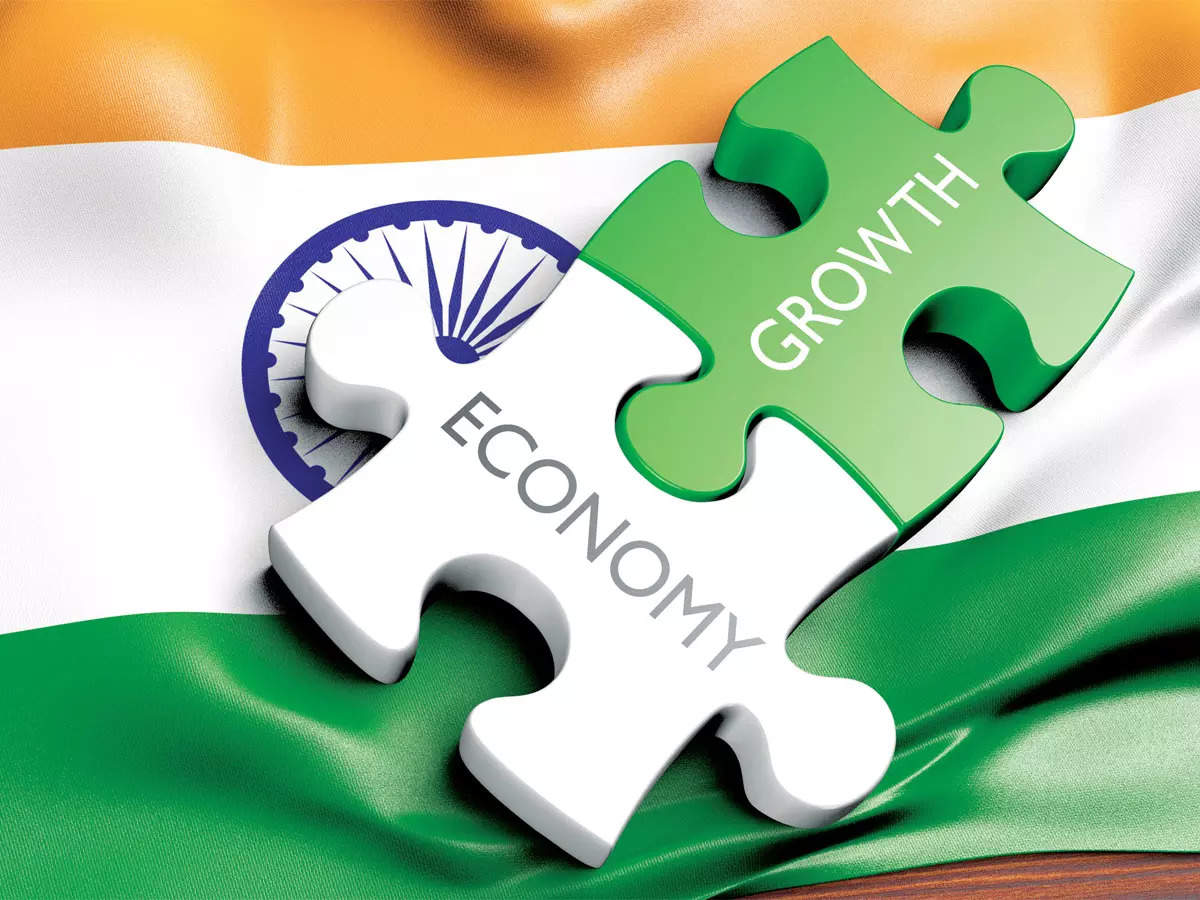Harihar Swarup
The Indian economy was expected to collapse due to pandemic. But its recovery has been better than most countries. Appropriate counter – cyclical policy enabled this but it worked because reforms had reached a threshold of adequacy. In the recent past growth suffered because of an excessive focus on structural reforms while neglecting the smoothening of shocks. Current policy has responded to the latter. But talk of necessity of reforms is again in the air. So what reforms are required?
A major objective of international institutions such as the IMF-WB is to ensure advantages to other countries from India’s growth, in particular to the main financers who are the large capital exporting countries. It follows that they want to ensure freer markets and fewer restrictions on all types of capital flows. Much of this is in India’s interest since we need more capital and better integrating with the world markets. But a democracy cannot ignore the concern of its own citizens. The IMF–WB holy trinity of structural land, labour and other market openings reforms harms many domestic citizens and, beyond a point, runs into severe resistance that imposes large political costs.
Liberalization has reached a point of diminishing returns. Whatever is feasible in the above is surely in motion by now. Further organic reforms will take place as the states compete. Improving the supply side has many other aspects. In choosing from the reform menu, the centre must be guided by feasible and pragmatism and ensure that benefits accrue to a majority.
The focus should be on leveraging the special circumstances that currently favour India. These include the impetus Covid-19 has given to digital aspect, where India has a comparative advantage, the possibility of supply chain diversification away from China, moving into a net zero economy and harnessing green initiative as a source of investment and invocation. Attention should be given to developing skills and capabilities, improving employability, augmentation infrastructure, reducing logistics and other business costs through better centre-state coordination, and enhancing the quality of governance and counter cyclical regulation with good incentive. Much can be done to improve data and privacy functioning of courts and police. Instead of wasting political capital on reforms that encounter large resistance and shock the system, reforms should enhance favourable trends.
Privatization of Banks is one of the reforms agenda. There is a recommendation to privatize most public sector banks, starting with those doing well. But the argument that BCBS are a drain on tax payers’ money is based on the experience of the last decades. In the 2000s, they were doing better than private banks and withstood the global financial crisis better. NPAs rose because they were pushed into lending to infrastructure where there are inherent asset liability mismatches for commercial banks. Moreover, it was the first time that the lending was to private companies. Therefore, a full resolution had to wait the setting regulatory framework for bankruptcy. Improvements in PSB governance and risk based lending profiles have resulted in falling NPA ratios and strong capital adequacy even under the Pandemic shocks. Social schemes that were a drain on PSB resources are now largely financed through direct subsidies by the government.
Diversity in institutions and approaches makes for a more stable financial sector. PSBs are trusted by many savers. They have garnered Rs. 1.7 trillion in their Jan Dhan accounts, while private banks have hardly any .PSBs can leverage their advantages in low costs deposits through co-lending opportunities and partnerships. The economy has suffered very low credit growth through last decades and is ready for a turn around. Private banks alone could not increase credit adequately— when lending from PSBs had slowed. This is not the time to disrupt the recovery in credit growth. PSBs should be allowed to compete and raise resources on their own. Only those who can not do so, or have other serious weakness should be allowed exit through privatisation or merger route. The strong will prosper. (IPA)
Trending Now
E-Paper


